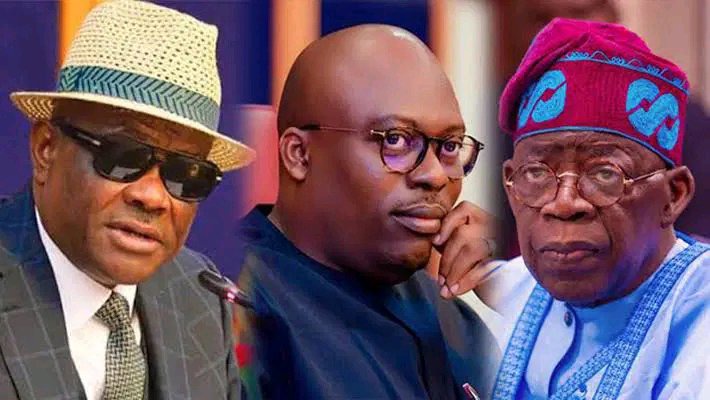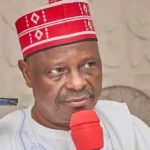
President Bola Tinubu’s proclamation of a State of Emergency in the area has caused Rivers State to enter a serious political crisis. The action was taken in response to accusations made against Sir Similanayi Fubara, the suspended governor, that he destroyed the Rivers State House of Assembly and neglected to reconstruct it more than a year later. Political tensions have increased as a result of the declaration, which has sparked heated discussions about leadership and governance in the oil-rich state.CONTINUE FULL READING>>>>>
In his defense, Fubara dismissed the accusations, arguing that the demolition of the Assembly complex was necessary due to structural defects that posed serious safety risks to lawmakers. In a report by DAILY TRUST, he maintained that the decision was made in the interest of public safety rather than as an act of political vendetta. Furthermore, he expressed disappointment over the portrayal of his administration as one that disregards peace efforts, insisting that his government has always been open to dialogue and reconciliation.
Beyond the accusations leveled against him, Fubara shifted attention to his predecessor, Nyesom Wike, whom he blamed for the ongoing political turmoil in the state. He alleged that Wike had continuously interfered in state affairs, making it difficult for his administration to function effectively. According to Fubara, the root of the crisis lies in Wike’s unwillingness to step aside and allow the new leadership to govern independently.
The power struggle between the two leaders has created an atmosphere of uncertainty, with citizens caught in the middle of the conflict. Many residents of Rivers State are demanding transparency and accountability from all involved parties, calling for an end to political hostilities. The lingering tensions have also raised concerns over the stability of the state and its ability to focus on development amidst the leadership tussle.
As the situation unfolds, the national spotlight remains fixed on Rivers State, with political observers questioning the implications of the ongoing crisis. The standoff between Fubara and Wike has not only exposed deep-seated political divisions but has also highlighted the challenges of leadership transitions in Nigeria. With President Tinubu now stepping in, the coming weeks will be crucial in determining the fate of the state’s governance.
For now, Rivers State remains on edge, with many hoping for a resolution that prioritizes the interests of the people over political rivalries. The uncertainty surrounding the state’s leadership raises concerns about governance, security, and economic stability, making it imperative for all stakeholders to seek a peaceful and lasting solution.CONTINUE FULL READING>>>>>


